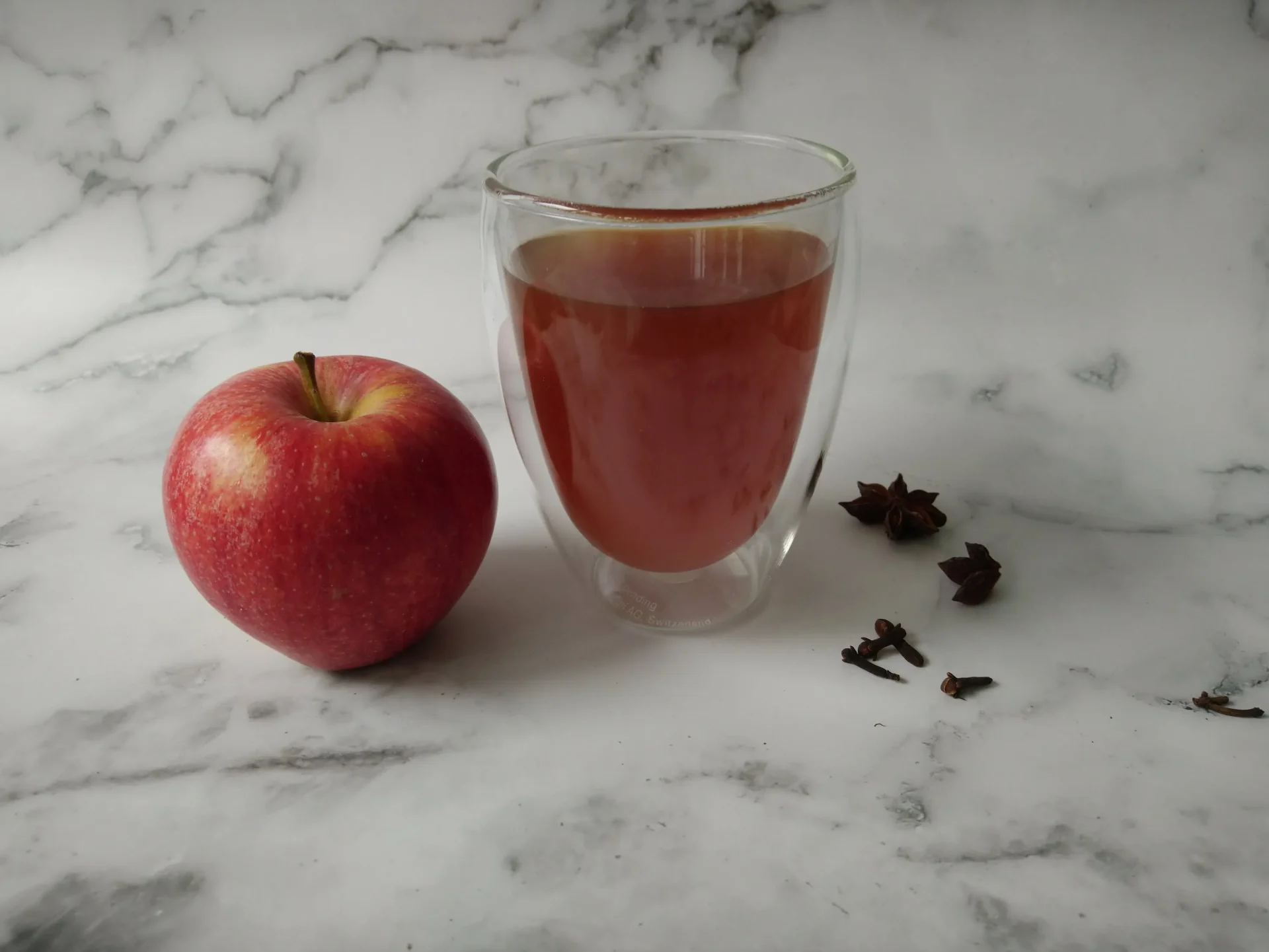With a wink and a nod to its sweet and sour taste profile, let’s plunge headfirst into the bubbly world of apple cider vinegar (ACV from here on) and its potential benefits for our little ones.
A Holly Jolly History
Before we delve into ACV for kids, let’s take a brief (and fascinating) stroll down vinegar lane. Vinegar has enjoyed its existence for millennia, often touted for its medicinal properties. Legend has it that Hippocrates, the father of modern medicine himself, extolled its virtues. But when and how did apple cider vinegar become a staple of wellness in many households? And does this nebulous buzz around its health benefits extend to children as well? Curious? Come along!
Unwrapping the ACV Mystery
What exactly is Apple Cider Vinegar?
Packed to the brim with apples and equipped with the power of fermentation, ACV is, frankly, a potion. It’s birthed when apple cider ferments twice – first into sweet “hard cider” – and then into the tart vinegar we know (and some of us love).
But, can kids have it?
To answer this tricky question, let’s first gather the facts. There has been ample research indicating some benefits of ACV for adults. Yet, when it comes to kids, the research waters are still somewhat murky.
Swirl, Sip, Dip: ACV Benefits Explored
While there is shaky research on the specific impact of ACV on children, some of its broader benefits might navigate towards them as well. Let’s deep dive into it.
1. Digestive Delight:
ACV holds a good amount of acetic acid, a boon for better digestion. Hence, it might just help those tiny tummies digest meals more easily.
2. Skin Haven:
With its pH adjusting capabilities, ACV may serve as a gentle remedy for common skin conditions like eczema and itchiness.
3. Weight Management:
Preliminary studies suggest its role in appetite suppression and weight loss, which could help fight childhood obesity.
Caught in a Vinegar Drizzle: Potential Side Effects and Concerns
While the benefits might make ACV appear rosy, it’s always good to bear in mind that not all that glitters is gold. From potential tooth erosion to throat irritation and lowered potassium levels – ACV can come with potential side-effects. Never exceed recommended doses and always consult a pediatrician first.
So, should I be considering ACV for my child?
If you’re thinking of integrating ACV into your child’s diet, make sure you’re being watchful for any potential side effects. Also, diluting it is key to reducing acetic acid’s potential harshness. Lastly, never forget a healthcare professional’s advice over any internet-authored content.
What’s Brewing in the ACV Pot: Takeaways
Serving your child some apple cider vinegar on occasion might not be an instant ticket to harm, provided it is properly diluted and administered in a controlled manner. While the existing research on its health impact isn’t quite kid-decisive, the general wellness benefits might offer some advantages. However, it’s always absolutely vital to discuss with a pediatrician before serving the kiddos something as potent as ACV.
In a Vinegar-scented Shell: Worth it or not?
Can your children have their apple cider vinegar and eat it too?
ACV is not a guaranteed health elixir, but it does hold potential. If you can manage the caveats (like ensuring the right dilution and watching for side effects), it might just find a place in your kid’s diet. As with all things parenting and child health-related, paying heed to delving into the ACV ocean is crucial. After all, an apple a day keeps the doctor away, but an unregulated apple cider vinegar regimen might just fetch you a doctor’s appointment!
Cheers to informed choices, good health, and the sour-sweet tang of apple cider vinegar!

